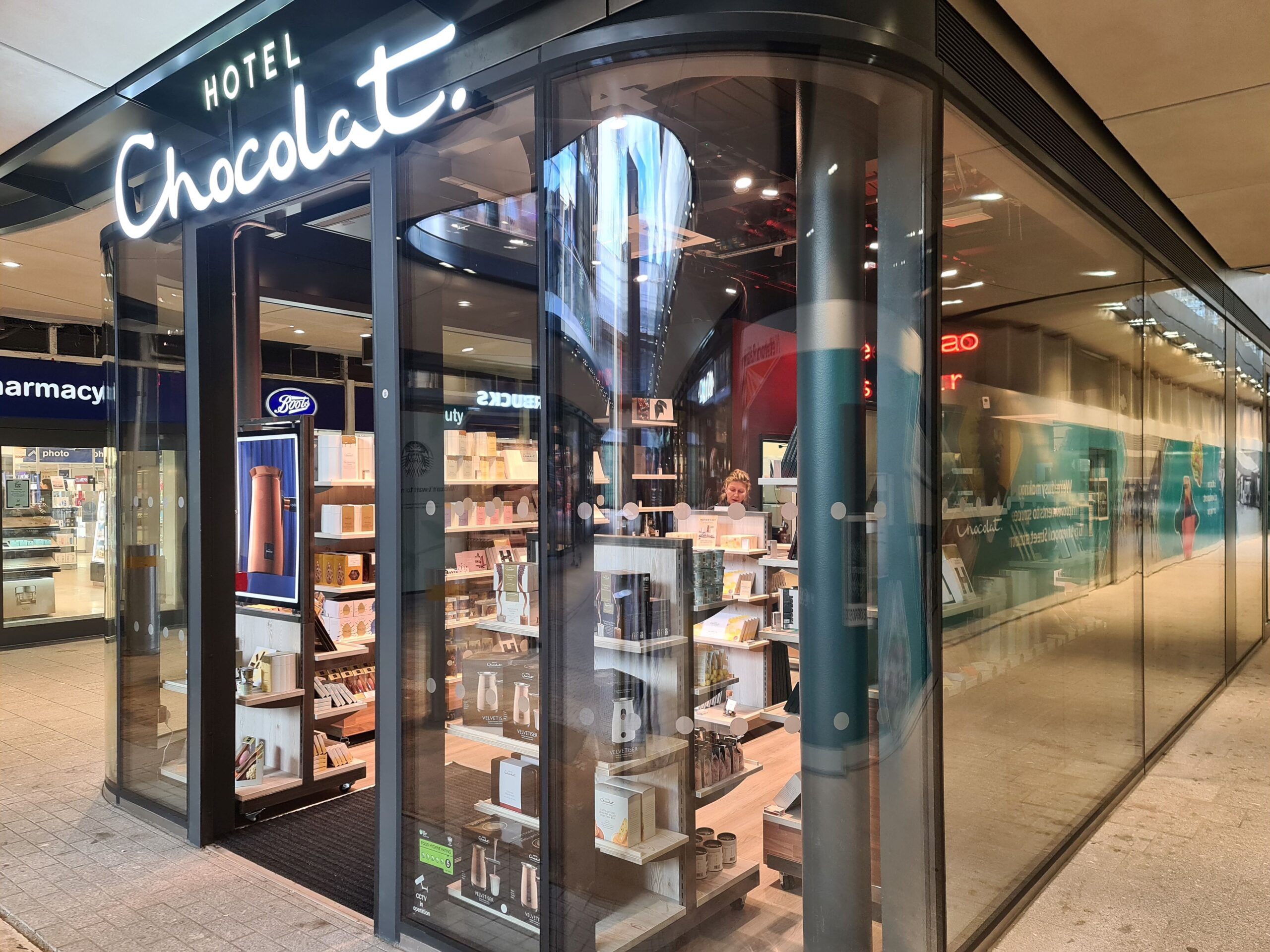The latest round of research by mobile ad network InMobi finds that mobile advertising influences 48% of consumers on their purchasing decisions, with more late-technology adopters are embracing m-commerce, and of those yet to use it, 45% expect to do so within the next twelve months.
M-commerce has traditionally been driven by early adopters more comfortable with larger purchases through mobile transactions. However, InMobi’s survey shows that late adopters are now also more trusting of mobile platforms for purchases; m-commerce will become more prevalent across the more mainstream consumer sector. The growth of smartphones and tablets is strongly driving this, as more content being consumed on mobile devices.
71% of UK consumers surveyed expect to use m-commerce in the next 12 months – this will continue to increase significantly. It is a strong sign for the industry that 20% of respondents are willing to spend over £20 on mobile purchases, with early adopters (26%) driving this trend by willing to spend even as much as £50 on mobile purchases.
The study also reveals that 63% of consumers have used m-commerce – a 9% increase from Q4 2011 – 47% buying digital goods; 34% buying physical goods; 26% on bill payments and 21% buying services.
These findings are driven by the continued surge in media consumption on mobile amongst consumers, with 61% of respondents finding it easy to use and readily available. The rise of social media on mobile – 22% use their mobile for such platforms – has helped drive this growth.
Advertisers cannot afford to ignore the mobile opportunity, with the majority of the UK population now mobile data users with almost half acknowledging the influence of mobile media in their purchasing decisions.
The increase in devices upon which mobile content can be pushed and engaged through appears to be driving this shift in behavioural purchases. The survey found mobile (48%) only marginally behind mainstream TV advertising (55%) and on a par with PC-based advertising (48%) as far as impacting purchase decisions.
This influence is directly relating to brand sales both on and offline, with a fifth of respondents stating mobile advertising influenced their subsequent in-store purchase, and 21% stating it influenced them to buy via their mobile.
“These results demonstrate that mobile advertising is finally, rightfully, taking its place alongside traditional content such as online and TV when it comes to directly influencing consumers’ purchasing decisions. The findings show that archaic perceptions of mobile advertising being intrusive are long gone, and as such is fantastic news for brands and publishers alike,” said Lee Blyth, Head of UK Sales at InMobi. “The onus is now on brands and content agencies to build on this by creating compelling, engaging media to capture consumers’ attention and ensure the mobile can truly become the personalised platform we have all been hoping it will become.”
Marketeers can now optimise their mobile strategies through understanding the new wave of mobile consumer behaviour, which is creating dramatic changes in the mobile landscape. Comfort levels are already high with mobile as an advertising platform. However, while mobile is impacting purchase behaviour it is yet to be fully leveraged. Mobile is becoming the leading source of media across the board; this is how the UK mobile media consumer behaves.






